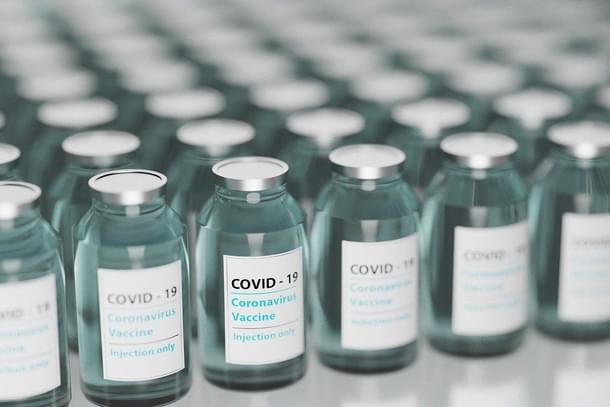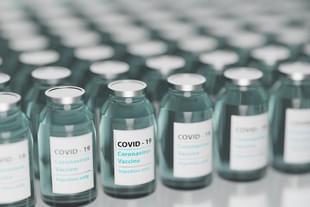News Headlines
How Effective Are Each Of The Vaccines Against The Delta Variant? Here’s What New Studies Say
Bhaswati Guha Majumder
Jun 08, 2021, 05:52 PM | Updated 05:52 PM IST
Save & read from anywhere!
Bookmark stories for easy access on any device or the Swarajya app.


The mutated version of SARS-CoV-2—Delta variant (B.1.617.2)—is responsible for India’s disastrous Covid-19 second wave.
Now people are concerned about whether vaccines will be effective against this highly contagious variant.
This variant, which was first identified in India, has spread to more than 60 nations over the past six months and triggered travel curbs in countries like the United States and Australia.
The United Kingdom is under pressure to reconsider its intentions to reopen later this month due to an increase in infections caused by the Delta variant.
Currently, several countries are busy vaccinating their population using different types of vaccines.
But the higher rates of transmission of the Delta variant compared to other variants has raised serious concerns.
Vaccines And Delta Variant
According to a study published in The Lancet, those who have been fully vaccinated with the Pfizer-BioNTech jabs are five times less likely to create neutralising antibodies against the Delta variant.
The study also found that levels of these antibodies, which can recognise and fight the virus, decrease with age and fall over time, offering additional evidence in support of plans to give vulnerable people a booster shot.
The antibody response was substantially lower in those who had only received one dosage.
According to the study, 79 per cent of participants exhibited a measurable neutralising antibody response against the original strain after a single dosage of Pfizer-BioNTech, however, this reduced to 50 per cent for the Alpha variant (B.1.1.7), 32 per cent for the Delta variant (B.1.617.2) and 25 per cent for Beta variant (B.1.351).
A previous study conducted by Public Health England (PHE) indicated that a single dose of the Pfizer-BioNTech vaccine could give only 33 per cent protection against symptomatic infection caused by the Delta variant.
This study also found that two doses of the Oxford-AstraZeneca vaccine—the same vaccine manufactured by the Serum Institute of India (SII), labelled as Covishield—are 60 per cent effective against the Delta variant, compared to 66 per cent efficiency against B.1.1.7.
As per a small study posted on the bioRxiv on 7 June, Bharat Biotech’s Covaxin protects against both the Delta (B.1.617.2) and Beta (B.1.351) variants.
Dr Pragya Yadav from the Pune-based National Institute of Virology and the first author of the preprint said: “We observed a reduction in neutralisation titer values in Covaxin recipients against the Beta and Delta variants but the reduction is less than in people who have been naturally infected”.
“So the vaccine does offer protection against the two variants,” she added, as reported by The Hindu.
As per a report by Bloomberg, Abdul Ghafur, an infectious disease physician at the Apollo Hospital in Chennai said: “Last year, we thought we had learned about our new enemy, but it changed. This virus has become so, so unpredictable”.
In 2021, India had reported 18.6 million Covid-19 cases, up from 10.3 million the previous year.
According to a recent assessment by an Indian government panel, the Delta variant was the “primary cause” of the country’s deadlier second wave that is 50 per cent more contagious than the Alpha variant, which was first discovered in the United Kingdom.
Doctors in India have connected this variant to hearing loss, severe gastrointestinal disturbances and blood clots leading to gangrene—symptoms not generally observed in Covid-19 patients.
Hetal Marfatia, an ear, nose and throat surgeon at Mumbai’s King Edward Memorial Hospital, said some of the coronavirus infected patients are seeking medical attention for hearing loss, swelling around the neck and severe tonsillitis.
However, now pharmaceutical companies are under pressure to adjust existing shots or produce new ones in light of mounting evidence that Delta and at least one other mutated version of coronavirus are capable of avoiding vaccine-induced antibodies.





